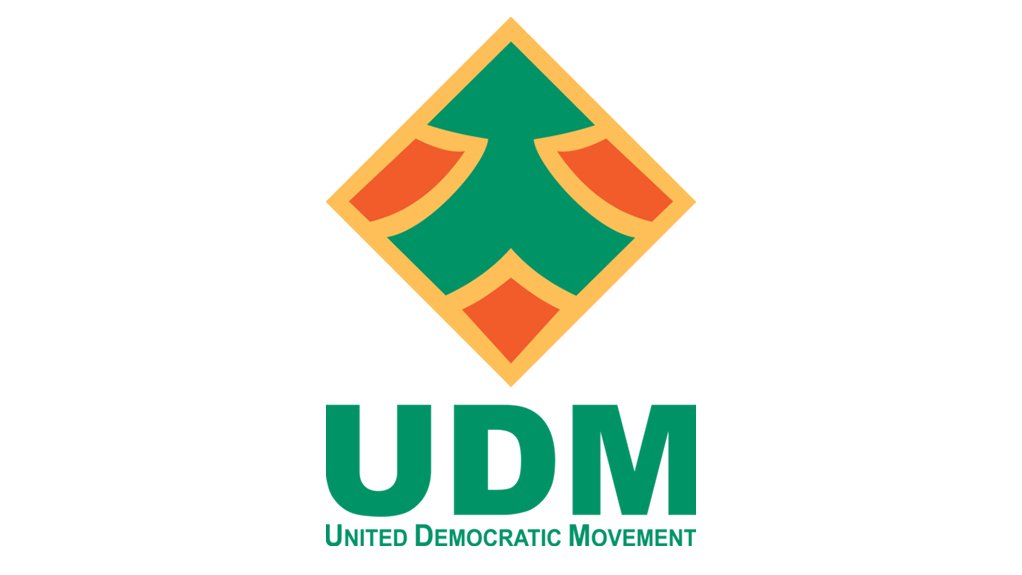The United Democratic Movement (UDM) said on Wednesday that it believes addressing historical wounds, such as Apartheid-era crimes, is essential for true healing and reconciliation in South Africa.
The party welcomed the Johannesburg High Court’s judgment last week, confirming that apartheid era crimes could still be prosecuted.
Last week, Judge Dario Dosio made a ruling in the Congress of South African Student (COSAS) 4 case, ruling that Apartheid is a crime against humanity and there is no expiry date for the prosecution of such crimes.
The court found that crimes against humanity, like those committed under Apartheid, are part of international law and have been recognised as such for decades.
The court further ruled that there was no time limit for prosecuting these crimes, no matter how many years had passed.
The case heard in the High Court involves the deaths of Eustice “Bimbo” Madikela, Peter “Ntshingo” Matabane, Fanyana Nhlapo, and the severe injury of Zandisile Musi on February 15, 1982, at the hands of the Security Branch of the South African Police.
“This is a big step forward for justice in South Africa. Without justice and accountability, the trauma experienced by victims, families, and communities remains unresolved, continuing to cast a long shadow over our democracy,” said UDM deputy president and leader in Parliament Nqabayomzi Kwankwa.
He explained that confronting these painful chapters of the past allowed individuals to affirm the dignity of those who suffered and sent a powerful message that no atrocity would go unanswered, no matter how much time had passed.
“…it is through truth, acknowledgement, and justice that we can build a more united, compassionate, and just society; one that learns from its past and commits to never repeating it,” he said.
Kwankwa noted that this decision meant that others who were involved in Apartheid-era crimes could also face justice, especially those cases that were referred by the Truth and Reconciliation Commission but were never prosecuted.
The UDM also welcomed the dismissed arguments by the accused that they could not be tried because the acts were not crimes at the time or because the prosecution took too long.
“The court made it clear that justice delayed does not mean justice denied, especially in matters this serious,” explained Kwankwa.
EMAIL THIS ARTICLE SAVE THIS ARTICLE ARTICLE ENQUIRY
To subscribe email subscriptions@creamermedia.co.za or click here
To advertise email advertising@creamermedia.co.za or click here











